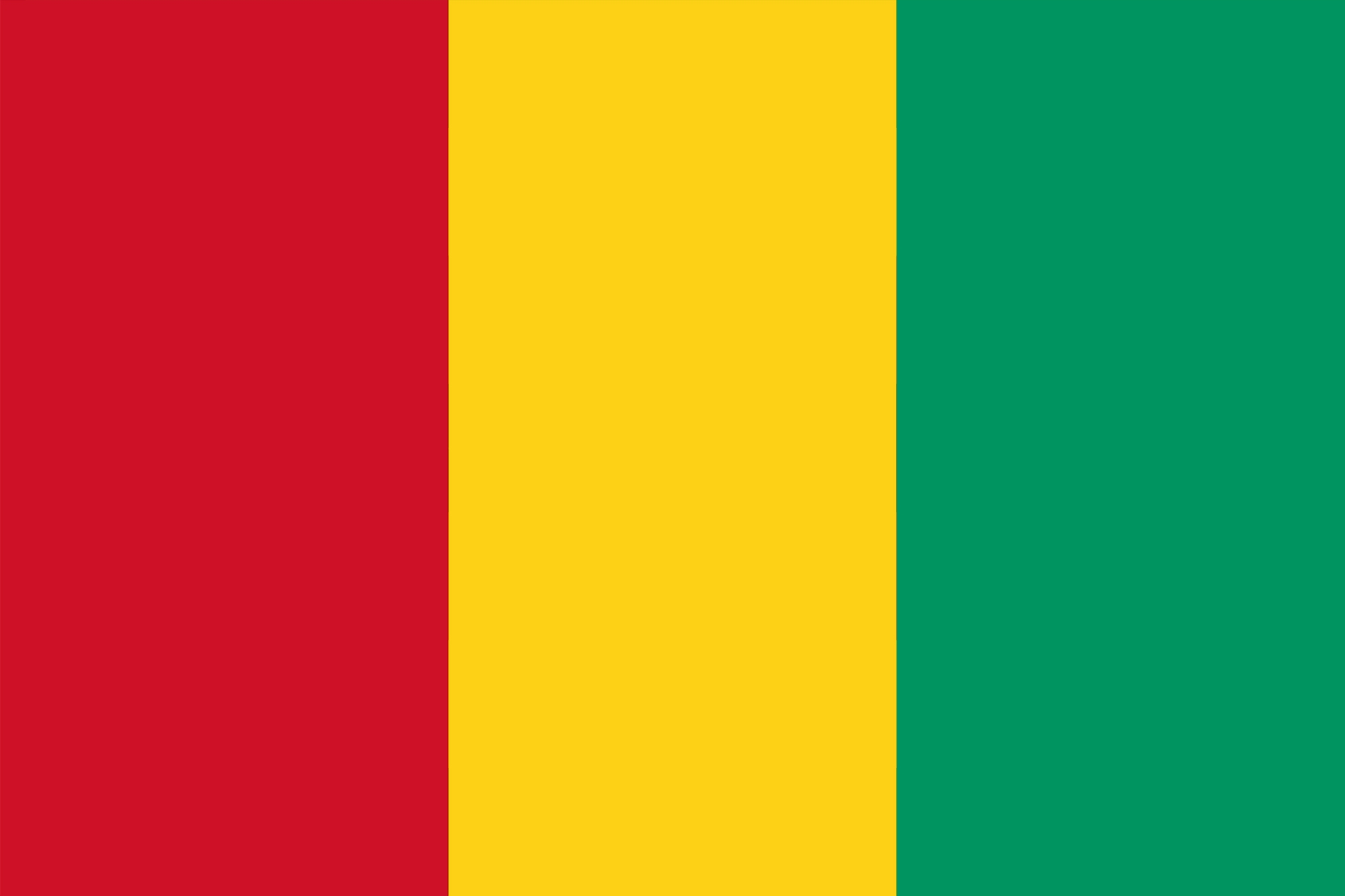Guinea Conakry officially the Republic of Guinea, formerly known as French Guinea is a country in West Africa. It is designated as the “Geological Miracle” holding a big share of world’s Bauxite reserves which pull the foreign investors. Guinea Conakry offers fruitful business opportunities with ample of benefits. The rewarding sectors include mining, energy, agriculture, infrastructure and tourism.
Guinea Conakry wraps an area of almost 246000 square kilometers and has population of approx 11 million people. The country shares its northern border with Guinea Bissau, Senegal and Mali, southern border with Sierra Leone, Liberia and the eastern border with Cote d’Ivore Coast. Guinea Conakry has a huge administration network. It is divided into major eight administrative regions further divided into thirty-three distrits. Labe, Nzerekore, Kankan, Kindia and Boke are the major cities.
Guinea Conakry is a member of various esteemed International Organizations like United Nations (UN), African Union (AU), Organization of the Islamic Conference (OIC), Economic community of West African States (ECOWAS) and African Development Bank (AFDB).
Musical Guinea Conakry
Complementing Guinea Conakry’s mineral wealth is its sparkling traditional culture. Guinea Conakry’s president, Sekou Toure at time of independence in 1958 banned all private orchestras and the government formed the Syli Orchestre National, which was composed by the best musicians of the country. The national anthem Liberté (Liberty) was based on the melody of ‘Alfa yaya’. The popular music Mandé is influenced by the djelis, popular as tracelleing singer historians who basically sing to applause the imperial patrons.
Ngoni, banjo and balafon are the famous traditional instruments. Guinea Conakry’s dance bands like Keletigni Et ses, Tambourins, Balla et ses Balladins and Kebendo Jazz have gain importance and are very well-known. Benbeya Jazz National further enriched Guines Conakry’s musical culture.
The Growing Economy
Being blessed with a wealth of minerals, Guinea Conakry has over 25 billion metric tons (MT) of bauxite. It also includes more than 4 billion tons of high grade iron-ore, diamond and gold reserves, and immeasurable quantities of uranium. It has extreme potential and can grow immensely in agricultural and fishing sector. Soil, water and climatic conditions fully complement and support irrigational faming and agro industry. There are huge opportunities for investment in these areas. DGP has also shown a slight growth 2.7% from 16% in 2011 to 18.7% in 2012 due to advancement of sectors like mining, agriculture amongst others. Agriculture employs almost 80% of the total workforce present in the country. Guinea Conakry also posses extreme potential in hydroelectric energy and is a major exporter of bauxite, gold, alumina, diamonds, agricultural products and fish.
Explore Guinea Conakry
Guinea Conakry spread over an area of 2,46,000 square kilometers is known as “Switzerland of Africa” due its beautiful climate, scenic mountains and the huge rivers passing through. One of the best about Guniea Conakry is that it has very less population. The country has many eye catching attractions like Fouta Djalon forests, Loos Islands, The Niokolo-Badidar and Upper Niger national parks. Conakry’s Grand Mosque is another renowned place which showcases the nation’s respect for Islam and the outstanding architecture.
Yummy Cuisines
Guinean cuisine is based on the use of local fruit and vegetables along with fish. Fufu is the traditional staple and is generally served with soups (stews) made from greens, peanuts, fish and chillies. Guinean cuisine is also well known for using lots of hot chillies and spices in these stews. Typical ingredients include peanuts, rice, sweet potatoes, black-eyed peas and root vegetables.
THE REWARDING SECTORS
Mining
Guinea Conakry is abundantly gifted with minerals which includes ample reserves of bauxite with more than 1.8 million metric tons, nearly two third of the world’s known bauxite reserves. It is the second largest producer of bauxite worldwide. There are still many minerals unexplored like nickel, limestone, uranium, manganese, graphite and many other deposits. Bauxite mining and alumina production contributes to the extent of 80% in Guinea’s foreign exchange. Additional foreign exchange is earned by diamonds and gold which are mined and exported on a large scale worldwide. The country exhibits a great gold potential by mining over 50 million tons of gold.
Agriculture
Guinea has extensive potential in agriculture and had been an exporter of various agricultural commodities. The credit goes to the ideal climatic and soil condition which offers numerous opportunities for large-scale farming and agro industry. More than 70% of the population is employed in agriculture sector. It contributes to 11% of exports including cotton, coffee, cocoa, rubber, palm oil, fruits and vegetables.
Energy
Production of clean energy, comprising of hydropower, solar, wind and biomass showcases immense potential of Guinea Conakry in its energy production. The country has appreciable hydropower capacity of nearly 6000 megawatts, and produces 19.3 Gwh annually. Solar power also has tremendous ability but needs to be developed. The government is constantly making efforts to improve and increase energy resources.
Infrastructure
Guinea Conakry is rich in natural resources thereby provides ample development opportunities in infrastructure sector. The government also has many future plans to improve and modernize the systems of roads, airports, transportation and telecommunication.




